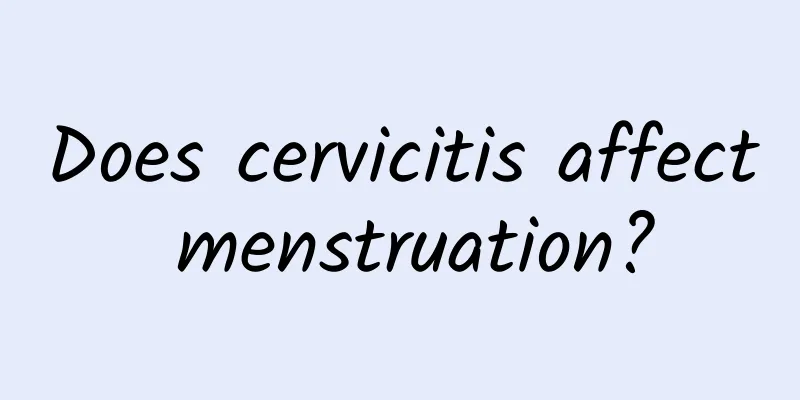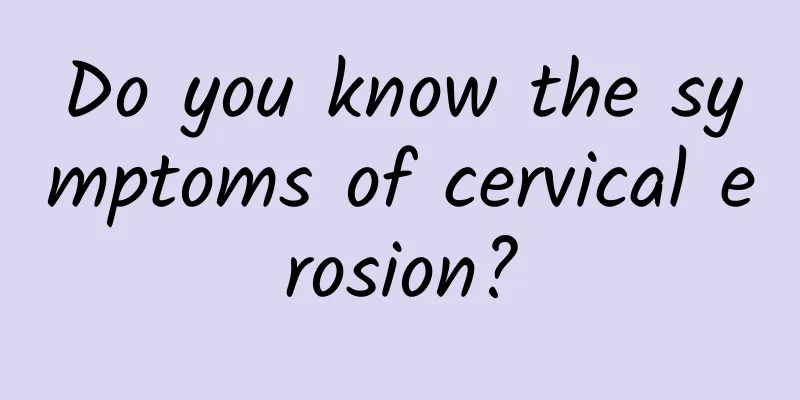Eating crabs with basil can remove cold and detoxify crabs

|
Crabs in autumn are plump and often hard to resist. However, a rumor has recently spread online in mainland China, stating that "eating tomatoes and crabs together is like eating arsenic." This argument immediately attracted public attention, and due to its boldness, it also caused huge controversy among netizens. Chinese medicine practitioners recommend eating crabs with Chinese medicinal herbs such as purple perilla, which have a pungent and warm effect in dispelling cold and can detoxify crabs. (Picture/taken from Wikipedia) It has been verified in the theory of traditional Chinese medicine that crabs are salty and cold in nature, and can replenish essence and qi, clear away heat and nourish yin, strengthen tendons and bones, and nourish yang in spring and summer and nourish yin in autumn and winter. Although crabs have high nutritional value, excessive consumption is not advisable, especially when there are some food incompatibilities. Chinese medicine practitioners recommend avoiding them as much as possible to avoid negative health effects. In the traditional Chinese theory of food incompatibility, regardless of whether the argument that tomatoes cannot be eaten with crabs is correct, people have long known that persimmons cannot be eaten with crabs, as it will cause abdominal pain and diarrhea. From the perspective of traditional Chinese medicine, persimmons and crabs are both cold foods. Eating them at the same time can easily aggravate the spleen and stomach and cause discomfort. Therefore, cold fruits and pears, as well as seasonal grapefruits, are not suitable for eating with crabs. In addition to not being able to be eaten with other cold ingredients, crabs also have taboos with some warm ingredients. For example, peanuts are greasy, loach and mutton both have a warming effect, and pomegranates are rich in tannic acid. These foods should not be eaten with crabs to avoid diarrhea and stomach damage. Wang Shuqiu, a Chinese medicine doctor at Tainan Municipal Hospital, said that in order to remove the coldness and toxicity of crabs, it is best to add condiments such as ginger, onion, garlic, and rice vinegar when cooking. This can not only remove the fishy smell, dispel cold and dampness, but also increase appetite and have a sterilization effect. It is recommended to eat crabs with Chinese medicinal materials such as purple perilla, which is pungent and warm and can dispel cold, promote qi and relieve fullness, and can detoxify fish and crabs. Put some purple perilla leaves under the crabs or steam them with ginger and garlic to neutralize the coldness of the crabs. Drinking a cup of brown sugar ginger soup after eating crabs can also neutralize the cold poison. |
<<: There are 11 types of poisonous crabs in Taiwan that may cause shock if eaten by mistake
>>: Autumn crab feast at the hotel! Miss it and wait another year
Recommend
What should you pay attention to in your diet for bacterial vaginosis?
Bacterial vaginosis is one of the most common gyn...
Blisters on the vulva after abnormal leucorrhea
Abnormal vaginal discharge and the appearance of ...
What are the causes of congenital absence of vagina?
After all, people with congenital absence of vagi...
8 tips for summer body shaping to create 4D perfect skin
Summer is approaching, and many men and women hav...
Atrophic vulvar leukoplakia, typical symptoms at each stage.
Did you know that if you unfortunately suffer fro...
Difficulty swallowing after weight loss surgery is actually caused by esophageal achalasia
People with severe obesity may choose gastric byp...
What types of ovarian cysts are there and what should you pay attention to in your diet?
Large amounts of ascites should be differentiated...
What is the difference between pelvic inflammatory disease and endometritis?
Although pelvic inflammatory disease and endometr...
What are the contraindications of women's amenorrhea medication?
Amenorrhea and lactation syndrome are usually pit...
Pay attention to vaginitis caused by long-term non-changing of sanitary napkins
MicrosoftInternetExplorer402DocumentNotSpecified7....
I walk 10,000 steps a day, but my belly still doesn’t go away? Squat + high-intensity aerobic exercise to get rid of lower body fat
We often hear the saying: "Walk 10,000 steps...
How to prevent acute cervicitis?
Cervicitis can be clinically divided into acute a...
Vaginal bleeding other than menstruation may be caused by inflammation
What is vaginal bleeding? Some vaginal bleeding i...
Give the fat a hard blow! Drink 4 "Beauty Water"
It’s the season when fat is easily accumulated. I...
Expert introduction: What are the common causes of adnexitis?
Many female patients only know that they need to ...









